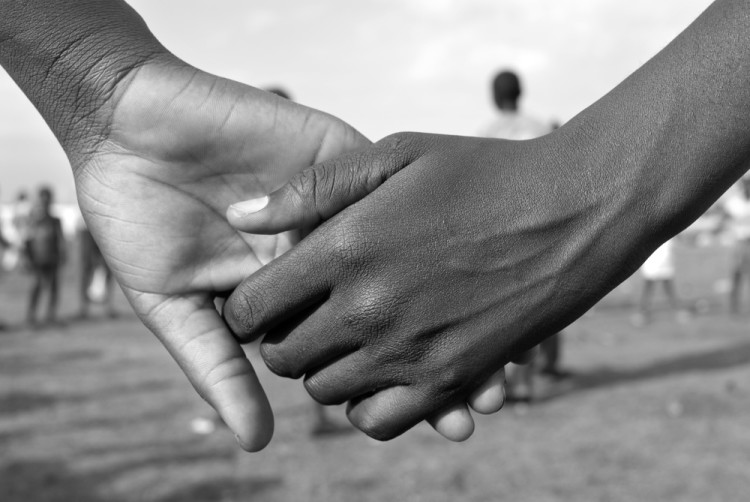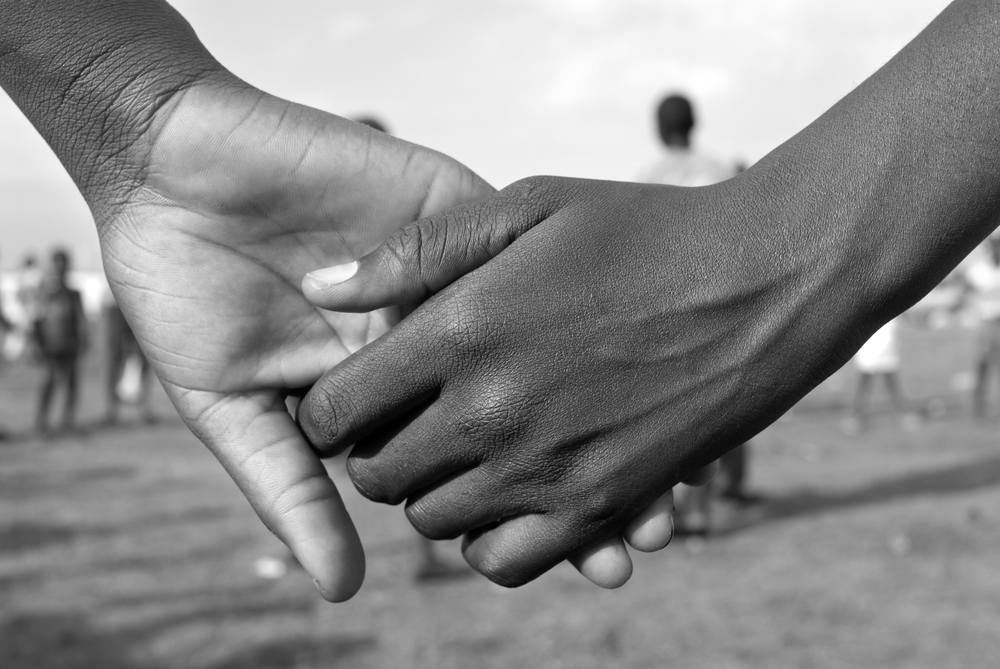BY STEPHANIE KASHETA
The Dominican Republic has a long history of racism toward its inhabitants of Haitian descent. The most recent incarnation of this societal ill comes in the form of the proposed deportation of nearly 60,000 citizens of Haitian descent. While Haiti gained independence after Toussaint Louverture’s revolutionary efforts were fully realized in the form of the first black republic in 1804, the Dominican Republic gained its independence decades later, in 1821. Spaniards occupied the DR while the French occupied Haiti. From 1822-1844, the DR was governed by Haiti and this Haitian occupation spun the country into collapse; a draft was imposed, the economy floundered and the school system failed across all levels.
In October of 1937, before a definitive border between both countries had been established, Dictator Raphael Trujillo orchestrated the Parsley Massacre, a name stemming from his troops’ practice of distinguishing Haitians from Dominicans in the borderlands through their pronunciation of the word perejil. If the person in question failed to trill his/her r, they essentially signed their own death warrant. An estimated 20,000+ Haitians were slaughtered by the dictator’s henchmen. Even though Trujillo was assassinated in the 60’s, the anti-Haitian sentiment he and his minions inculcated is still thriving. In spite of the DR being steeped in genocide and the remnants of an archaic social sphere wherein status is gained through skin color, the Dominican Republic continues to be the most visited destination in the Caribbean.
Haiti’s GDP is roughly 1/6th of the DR’s, with a literacy rate of roughly 40%. After 2010’s magnitude 7.0 earthquake, nearly 200,000 displaced Haitians crossed the border into the DR. The lackluster international response to the devastation further taxed the already limited good will that the DR had for Haitians. Many Dominicans have retaliated against the “Haitian invasion of their work force” by burning Haitian flags in the street, and at least one Haitian man is believed to have been lynched this year.
Prior to 1929, Dominican citizenship was granted to anyone who was born within the country’s borders. That changed in September 2013, when the country’s Constitutional Court effectively ruled to retroactively deny Dominican citizenship to anyone born after 1929 without at least one parent of Dominican descent— essentially transforming ~210,000 legal citizens into illegals overnight, despite many never having left the country of their birth.
Documents proving citizenship have arbitrarily been withheld or denied within the past couple of decades. Back in June, the Dominican Republic began preparing to repatriate thousands of “undocumented” Haitians. The state of suspended identity which the Dominican-Haitians have found themselves in is, for most Americans, hard to even conceive. Imagine a bill being passed that would essentially make you unable to support yourself with an above-the-table job, expel you from your university and threaten to deport you to the poverty-ravaged country of your ancestors where you would be dropped to fend for yourself, stateless, and unable to speak the language or navigate the culture.
Hispañola has a long, convoluted history of racism, founded on the Casta system, and clashing beliefs as to where power should rest within an independent society. This bad blood is now being legislated within a system still waking from the collective fog of Trujillo’s reign. One can only hope that the hatred still swirling on Dajabón’s riverbed will one day give way to the voices of its ghosts. We can start to make these voices known by abstaining from traveling to the Dominican Republic.
ABOUT THE WRITER
Stephanie Kasheta is a graduate of the University of Nevada Las Vegas, where she majored in English with an emphasis in Creative Writing. She is currently finishing up her MFA in Fiction at Emerson College in Boston. She is a Las Vegas native who recently relocated to Cape Cod with her husband, a veteran of the US Air Force. Stephanie is also step-mother to a seven-year old future writer named Olivia. When not reading or daydreaming of travel abroad, she can be found blowing glass at the Sandwich Glass Museum or working on her short story collection. Follow her on Twitter
Image of “Haitian Children Holding Hands” via Shutterstock




